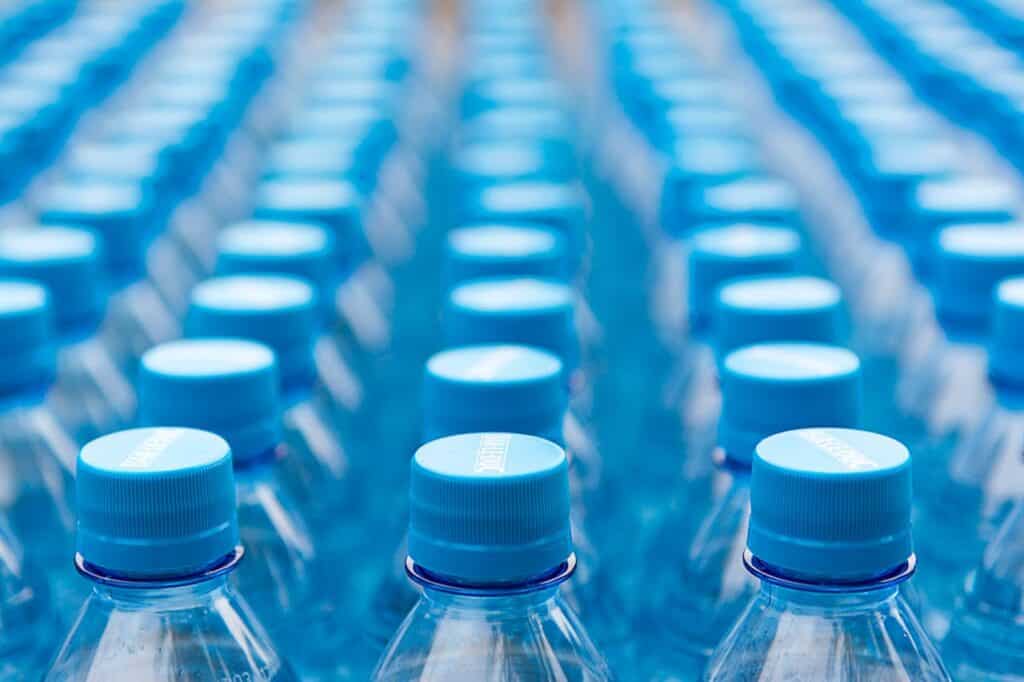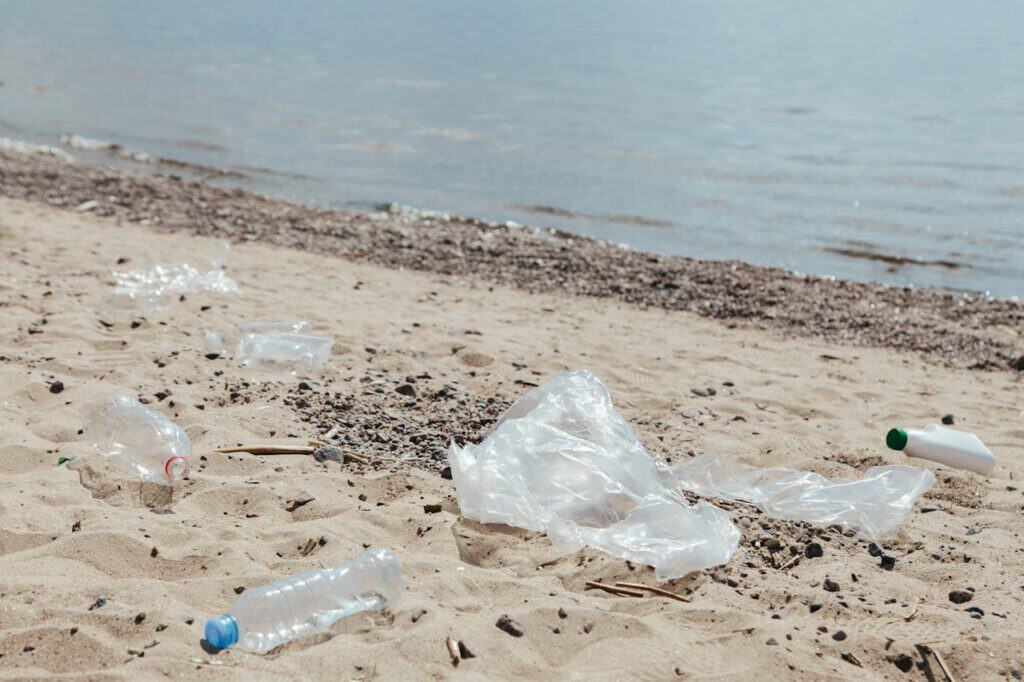Globally, only 9% of plastic waste is recycled. Whilst, on the other side, over half of the world’s plastic ends up in landfill sites, and far more in recent years in incineration facilities.
With statistics showing a small percentage being recycled into new products, we explored how the future is looking for recycling, and which innovations are changing the industry?
By exploring this, organisations and individuals can understand what is being done to achieve higher plastic recycling rates, and how we can work together to raise these percentages.
Innovations That Could Change The Plastic Recycling Industry
Zero-Emission Pyrolysis For Bonded Plastic and Metal Items Not Currently Recyclable
Pyrolysis is a thermal treatment where waste materials are exposed to high temperatures in the absence of oxygen. With the use of pyrolysis, the opportunity to manage and reuse ‘non-recyclable’ waste becomes available.
The pyrolysis process produces three main types of products:
- Solid residues (char): Carbon-rich materials similar to charcoal.
- Liquids (bio-oil): Can be used as fuel or for producing chemicals.
- Gases: Can be used as energy sources or further processed into chemicals.
Enzymatic Recycling
This biological recycling process uses enzymes to break down plastic polymers into monomers. The pioneering process allows materials such as Polyethylene Terephthalate waste to be manufactured into recycled products with no loss of quality.
Enzymatic recycling is unlike other methods, such as mechanical recycling, as the process upholds the quality of the plastic. The process also often requires less energy compared to traditional recycling or manufacturing processes, leading to lower carbon emissions.
AI-Assisted Systems and Automation
AI Waste Sorting
The use of artificial intelligence in sorting plastic waste has become more prominent in recent years. With machine learning and robotics, innovative technology can identify plastic waste of different types, colours, shapes and sizes. This helps to improve the efficiency and accuracy of waste sorting, providing a streamlined solution.
AI Quality Control
By introducing AI into our waste management systems, we can also reduce contamination and increase the quality of recyclables.
This will create a cost-effective recycling system, where revenue can be increased through ensuring high-quality recyclables for manufacturing.
Nanotechnology
Nanotechnology can be used to recycle plastics through degradation techniques that improve the degradation process through the influence of catalysts.
This process maintains the integrity of the plastic polymers, and makes recycled plastic more durable for new products. They have also shown to remain functional in high-heat environments due to their unique properties.
The Future Of Plastic Recycling
In recent years, businesses have been working toward finding innovations to improve recycling systems for plastic waste. Through these innovations, we can work toward increasing recycling rates, efficiency, and costs.
Whilst reducing our impact on the environment is paramount, businesses can work with Plastic Expert to recycle all of their waste plastic. We have streamlined our waste solutions with collections of mixed waste streams, nationwide services, and ensuring all materials are diverted from incineration facilities.








